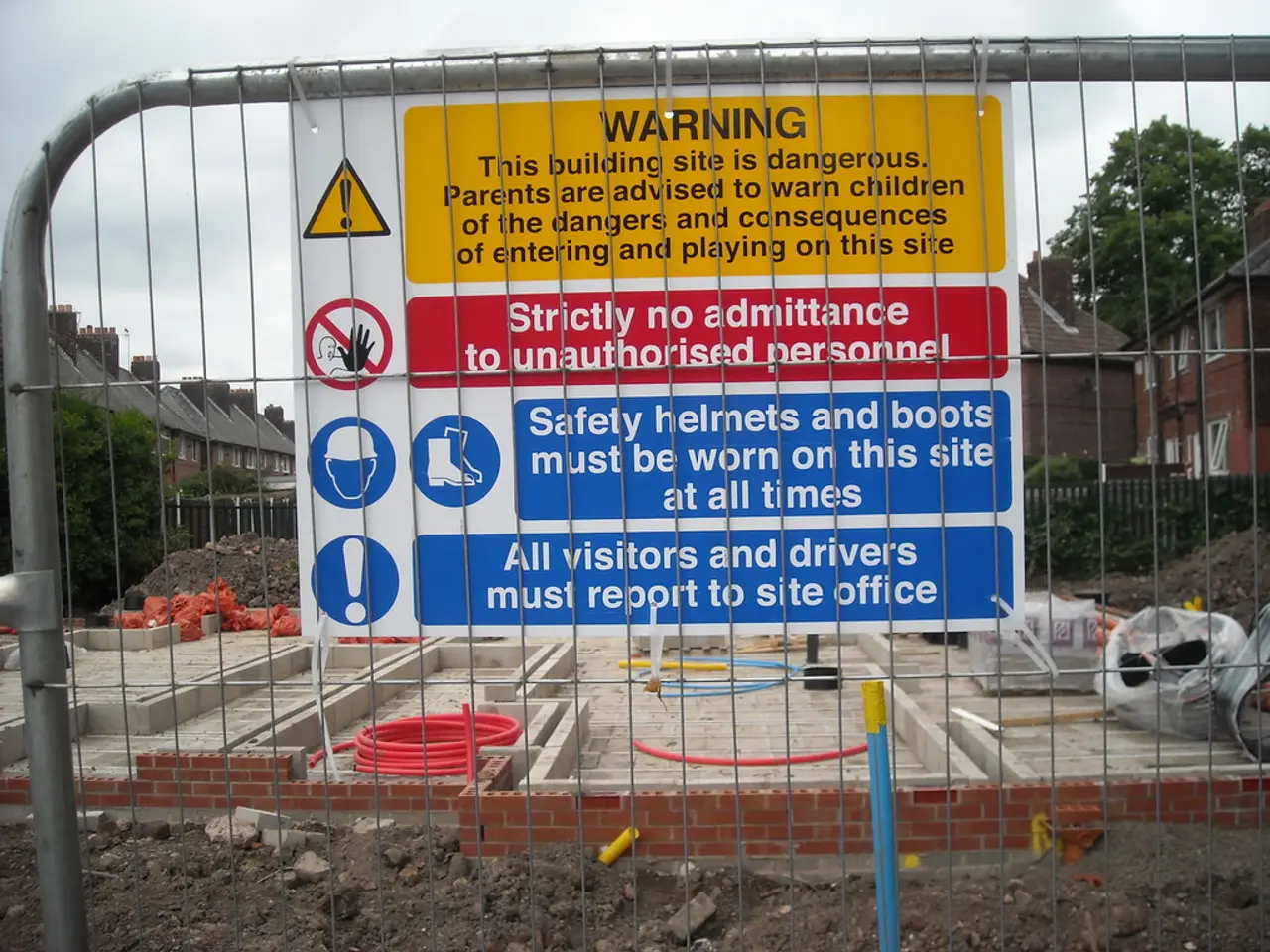Slovenia has been classified as a high-risk region, contrasting its previous status as a low-risk area, akin to Japan.
The Robert Koch Institute (RKI) has announced updates to the quarantine regulations for individuals entering the Federal Republic of Germany from high-risk areas and virus variant areas.
As of Sunday, Ethiopia, Burundi, Saint Vincent and the Grenadines, Slovenia, and the French overseas collectivity of New Caledonia have been added to the list of high-risk areas. Conversely, Japan, Senegal, and the French region of Provence-Alpes-Côte d'Azur have been downgraded due to a decrease in risk.
Individuals entering from high-risk areas are subject to registration and quarantine obligations. However, vaccinated or recovered individuals are exempt from these regulations. For those who are not vaccinated or recovered, the quarantine period is typically 10 days, but can be shortened to 5 days under certain conditions.
On the other hand, the quarantine regulations for individuals entering from virus variant areas are distinct. The 14-day quarantine for virus variant areas is mandatory for all unvaccinated and uninfected individuals, with no option for early release. This applies regardless of the individual's vaccination status or previous infection.
The list of virus variant areas remains unchanged at this time. The RKI will continue to monitor the situation and update the list based on updated epidemiological data and risk assessments, as determined by the Standing Committee on Vaccination (STIKI) at the RKI.
The RKI urges all travellers to stay informed and follow the latest regulations to ensure a safe and healthy journey. For more information, visit the RKI's website or contact your local health authorities.








